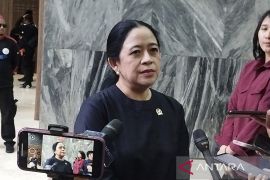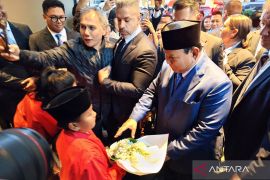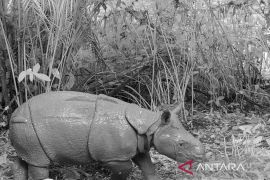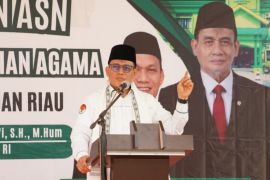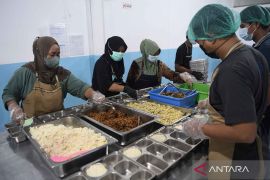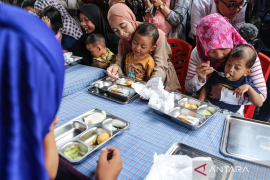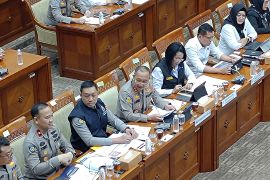"Indonesia strongly condemns the suicide attack in Sanaa city. We express our deepest condolences to the government of Yemen and the families of the victims," the Ministry of Foreign Affairs said in press statement here on Thursday.
Based on an official explanation by the Foreign Affairs Ministry, the Indonesian Embassy in Sanaa has ascertained there have been no Indonesian victims in the bombing incident.
The embassy coordinated with local apparatus and the Indonesian community members in the city to verify there were no Indonesian victims.
The Indonesian government also called on its citizens in Sanaa and those traveling to that country to stay alert and avoid public centers.
The Indonesian Embassy will be opening a phone line +(967) 735 179 246 on behalf of Akbar Maulana for its citizens who need information regarding the bombing.
According to a Reuters report, the suicide bomb attack occurred on Wednesday, January 7, 2014, at 7 a.m. local time. The bomb exploded in a bus that was parked near a police academy in Yemeni capital Sanaa.
Earlier, the AFP reported that at least 20 people were killed on Wednesday when a car bomb exploded outside a police academy in Yemens capital Sanaa, officials said.
The bomb exploded as dozens of Yemenis queued up to join the police academy in the centre of the capital. It wounded at least 23 people, Sanaa governor Abdulqader Hilal told the official news agency Saba.
With a powerful Shiite militia clashing with tribal forces and the countrys branch of Al-Qaeda, Yemen has been hit by a wave of violence in recent months.
Ambulances rushed to take the wounded to hospital as security forces sealed off the area.
Body parts and the debris of the vehicle used for the attack were strewn all around, an AFP correspondent at the scene stated.
There was no immediate claim of responsibility, but Al-Qaeda in the Arabian Peninsula, a jihadist networks affiliate in Yemen, has taken credit in the past for similar attacks on security forces.
Yemen has been dogged by instability since an uprising forced out longtime strongman Ali Abdullah Saleh from power in 2012.
Unrest grew after Shiite militia, known as Huthis, overran Sanaa unopposed in September.(*)
Editor: Heru Purwanto
Copyright © ANTARA 2015
